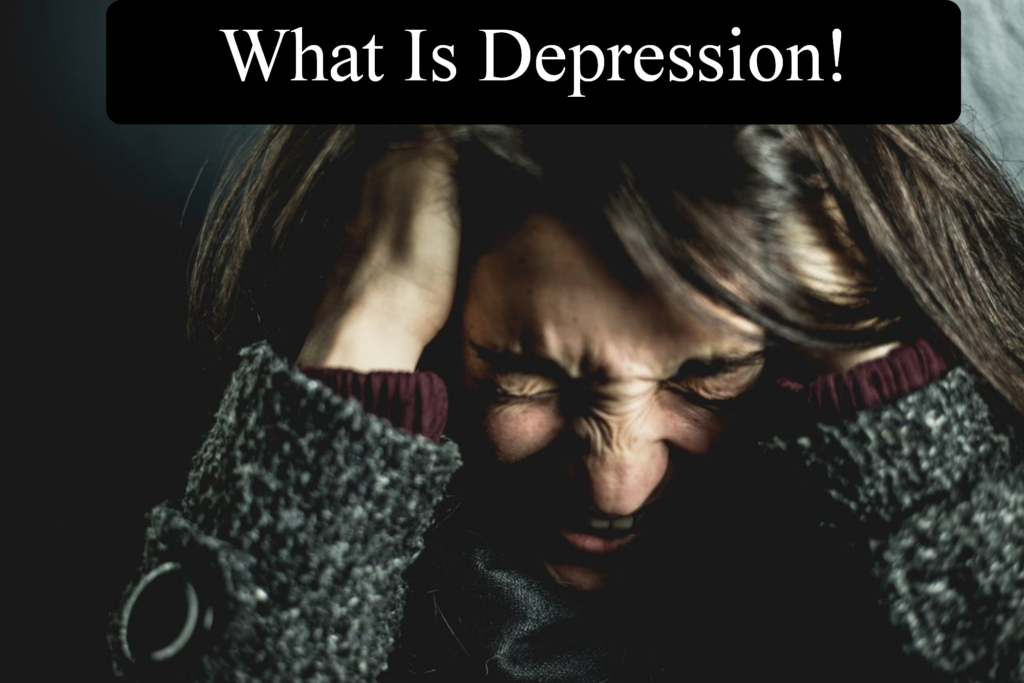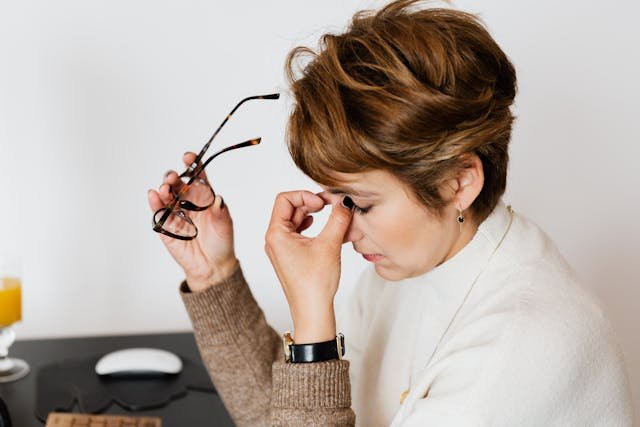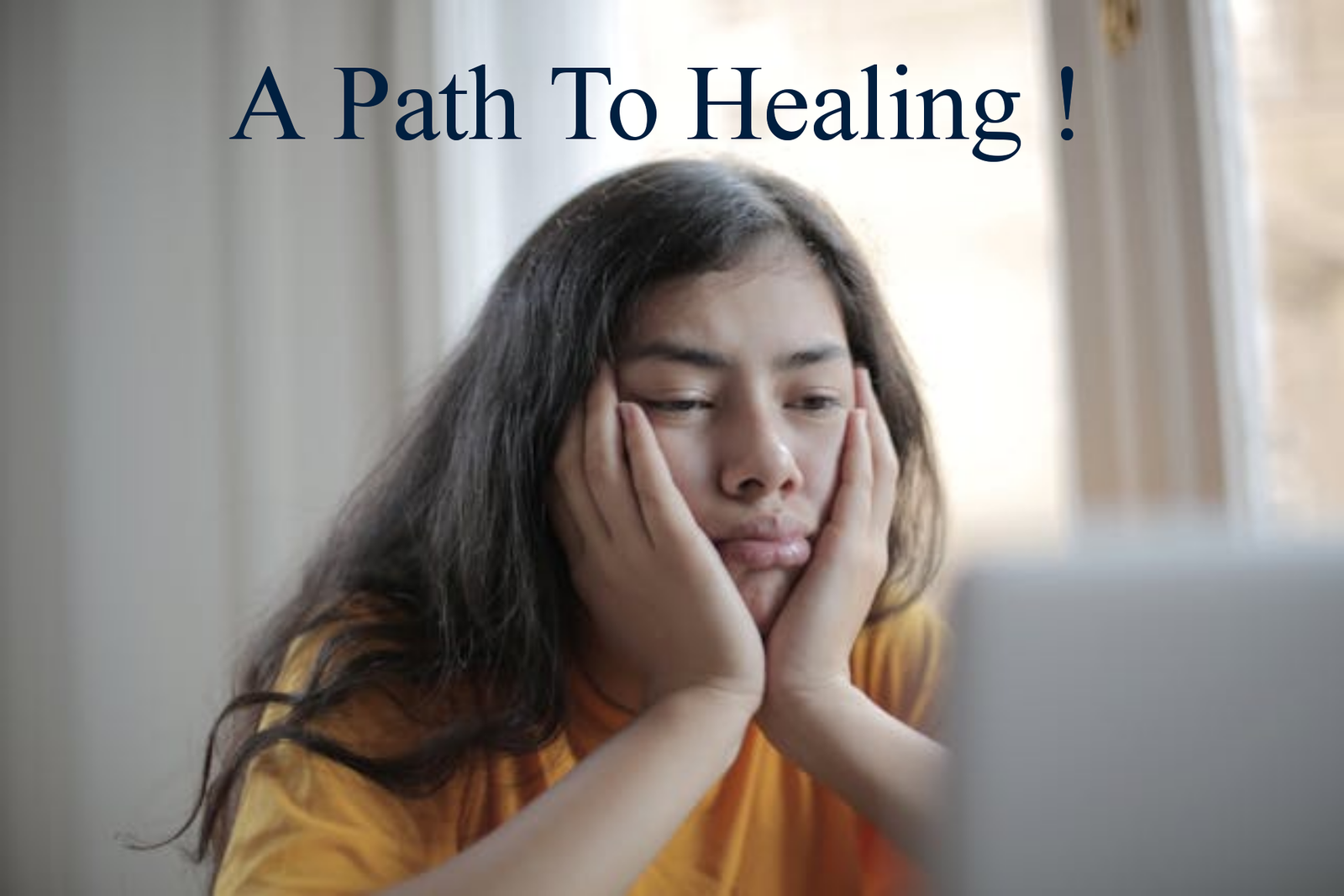What is depression causes and symptoms well Depression is a complex mental health condition that affects millions of people worldwide. It causes beyond feelings of sadness or grief, it can deeply impact your daily life, relationships, and overall well-being so in this article we will give insights of depression causes and symptoms.
Depression can be triggered by various factors, including genetics, brain chemistry, trauma, and life circumstances. It often requires treatment, which can include therapy, medication, or lifestyle changes.
Here are some key insights to help you understand depression causes and symptoms better.

What is Depression?
Depression is more than just feeling “down.” It is a serious mood disorder characterized by persistent feelings of sadness, hopelessness, and a lack of interest or pleasure in activities once enjoyed. Symptoms can vary from person to person but often include:
- Changes in appetite or weight
- Sleep disturbances (insomnia or excessive sleeping)
- Fatigue or loss of energy
- Difficulty concentrating or making decisions
- Feelings of worthlessness or guilt
- Thoughts of death or suicide

What is Causes of Depression?
Depression can arise from a combination of genetic, biological, environmental, and psychological factors. Some common triggers include:
- Life Events: Traumatic experiences, loss of a loved one, or significant life changes.
- Biological Factors: Imbalances in brain chemicals, hormonal changes, or chronic illnesses.
- Genetics: A family history of depression can increase the risk.
- Environmental Factors: Stressful living conditions, social isolation, or lack of support can contribute.
What are the Symptoms of Depression:
- Emotional Symptoms:
- Persistent sadness or low mood
- Feelings of hopelessness or helplessness
- Irritability or frustration, even over small matters
- Loss of interest or pleasure in activities once enjoyed (anhedonia)
- Feelings of worthlessness or excessive guilt
- Cognitive Symptoms:
- Difficulty concentrating, making decisions, or remembering things
- Pessimistic outlook on life
- Thoughts of death or suicide
- Physical Symptoms:
- Changes in appetite or weight (increase or decrease)
- Sleep disturbances (insomnia or sleeping too much)
- Fatigue or loss of energy
- Unexplained aches and pains
- Behavioral Symptoms:
- Withdrawal from social activities and relationships
- Reduced motivation or productivity
- Neglecting responsibilities and self-care
Seeking Help: If you or someone you know is struggling with depression, it’s essential to seek help. Here are some steps to consider:
- Talk to Someone: Sharing your feelings with a trusted friend or family member can be a vital first step.
- Consult a Professional: A mental health professional can provide a proper diagnosis and create a treatment plan that may include therapy, medication, or a combination of both.
- Join Support Groups: Connecting with others who are experiencing similar struggles can provide comfort and understanding.
Self-Care Strategies.
In addition to professional help, self-care plays a crucial role in managing depression. Consider these strategies:
- Stay Active: Regular physical activity can boost your mood and energy levels.
- Eat a Balanced Diet: Nutritional choices can impact your mental health. Aim for a diet rich in fruits, vegetables, whole grains, and lean proteins.
- Practice Mindfulness: Techniques such as meditation, deep breathing, and yoga can help reduce stress and improve overall well-being.
- Establish a Routine: A structured daily routine can provide a sense of stability and purpose.
Conclusion:
Remember, you are not alone in this journey. Depression is a treatable condition, and with the right support and strategies, it’s possible to regain control and lead a fulfilling life. If you or someone you know is in crisis, please seek immediate help.
By raising awareness and fostering open conversations about mental health, we can create a more supportive environment for those affected by depression. Your voice matters—let’s use it to encourage understanding and compassion.
FAQs
What is depression ?
Depression is a mental health disorder characterized by persistent feelings of sadness, hopelessness, and a loss of interest in activities. It can affect how you think, feel, and handle daily activities.
What are the symptoms of depression?
Common symptoms include:
• Persistent sadness or low mood
• Loss of interest in activities
• Changes in appetite or weight
• Sleep disturbances (insomnia or oversleeping)
• Fatigue or low energy
• Difficulty concentrating or making decisions
• Feelings of worthlessness or excessive guilt
• Thoughts of death or suicide
What causes depression?
Depression can result from a combination of genetic, biological, environmental, and psychological factors, including:
• Family history of depression
• Trauma or significant life changes
• Chronic illness or health conditions
• Chemical imbalances in the brain
How is depression diagnosed?
A mental health professional will conduct a thorough assessment, which may include discussing symptoms, medical history, and any family history of mental health issues. There are no specific lab tests for depression, but psychological evaluations are commonly used.
What treatments are available for depression?
Treatment options may include:
• Therapy: Cognitive Behavioral Therapy (CBT), talk therapy, or other therapeutic approaches.
• Medication: Antidepressants may help manage symptoms.
• Lifestyle Changes: Regular exercise, a healthy diet, and good sleep hygiene can improve mood.
• Support Groups: Connecting with others who understand can provide comfort and encouragement.
Can depression be cured?
While depression can be effectively treated, it may not be “cured” in the traditional sense. Many individuals learn to manage their symptoms and maintain a fulfilling life through ongoing treatment and self-care strategies.
How can I support someone with depression?
• Listen: Offer a non-judgmental space for them to share their feelings.
• Encourage Professional Help: Suggest they seek therapy or medical advice.
• Be Patient: Understand that recovery can take time and may involve setbacks.
• Offer Practical Support: Help with daily tasks or accompany them to appointments if they feel comfortable.
When should I seek immediate help?
If you or someone you know is experiencing thoughts of self-harm or suicide, it is crucial to seek immediate help. Contact a mental health professional, call a crisis hotline, or go to the nearest emergency room.
Is depression common?
Yes, depression is a common mental health condition affecting millions worldwide. It can occur at any age and is often underdiagnosed due to stigma or lack of awareness.
Can lifestyle changes really help with depression?
Yes, lifestyle changes can play a significant role in managing depression. Regular exercise, a balanced diet, sufficient sleep, and mindfulness practices can improve mood and overall mental health.

